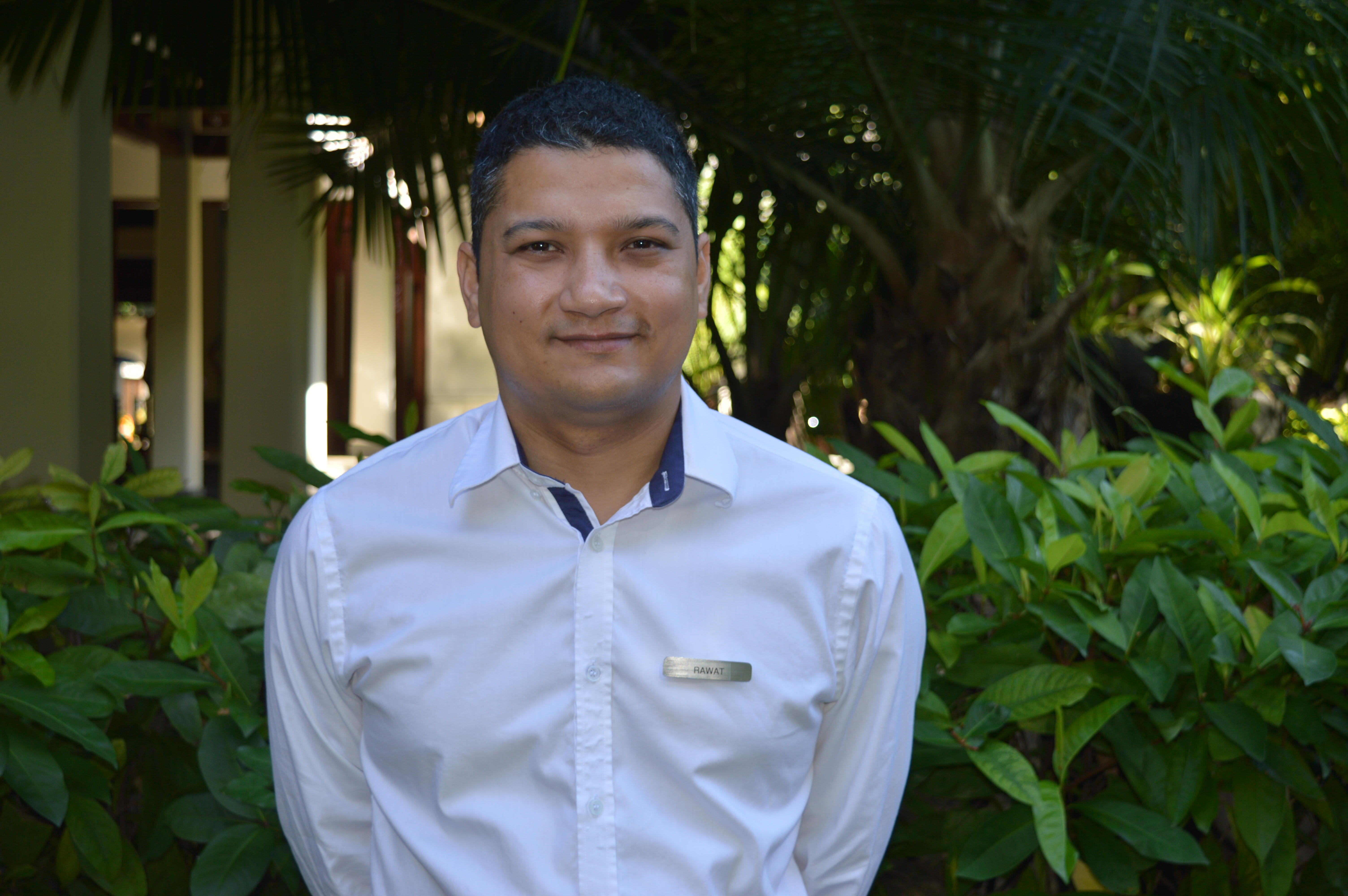The Power of Sleep and How it affects your Health

With the perfect formula for a good night’s sleep evading most of us thanks to our busy lifestyles and hectic work schedules, Deepak Rawat, spa manager at Shanti Maurice in Mauritius, shares with us the influential effect of sleep on your overall health and well-being.
Sleep helps to maintain many vital functions. One of the most important of these functions is the ability to provide cells and tissues with the opportunity to recover from the wear and tear of daily life. Major restorative functions in the body such as tissue repair, muscle growth, and protein synthesis occur almost exclusively during sleep.
Sleep plays an important role in maintaining your well-being throughout your life. Getting enough quality sleep at the right times can help protect your mental and physical health as well as preserving your overall quality of life. The way you feel while you are awake depends, in part, on what happens whilst you have been sleeping but there are few ways in which a sleep retreat can help you to beat insomnia.
1. Yoga
Any form of yoga primes the parasympathetic system and promotes relaxation, taming the stress responses that cause insomnia. I’ve found Hatha yoga to be especially beneficial for sleep because, in addition to doing the healing postures, sweating releases stored toxins. Practicing Savasana (Corpse Pose) in particular before sleeping can promote deep rest.

Shanti Maurice's Spa Manager Deepak Rawat shares his thoughts about the power of sleep
2. Meditation and Relaxation
Yoga Nidra is a systematic form of guided relaxation. It has been found to reduce tension and anxiety and very helpful in insomnia.
3. Pranayama
Full Yogic Breath, Ujjayi, Nadi Shodhana, and Bhramari are especially supportive of the mind, the nervous system, and sleep. Most of these should be practiced on an empty stomach. The early morning is often an ideal time. Even five to fifteen minutes of pranayama daily can have a profound effect on how we cope with stress and our overall state of mind.
4. Ayurvedic Treatments
An enlivening Ayurvedic massage can give you all that you need for a calm and composed living. A relieving massage with Ayurvedic oils and other medicated oils aids in reducing pain, muscular tension, nervousness, stress, enhances your blood circulation, soothes your nervous system, rejuvenates your mind and helps in alleviating anxiety, fatigue, stress, depression and other mood fluctuations paving way for an entirely new system that will certainly help you get a good night’s sleep.
Relieve physical tension with an Ayurvedic massage at Shanti Maurice
5. Healthy Food
This might be the most important advice when it comes to food and sleep. If you eat healthy food as part of a balanced diet, then you should hopefully be giving your body and mind what they need to be healthy.
6. Prayer and Mantras
Chanting brings positive effects to the body. The vibration of this sound brings calmness to the mind. The cells of the body would be harmonized as each cell of the body is made by various atoms which carry electrons—vibrations. Even listening to chanting helps to reduce blood pressure.
7. Less Caffeine
Cut down on stimulants such as caffeine in tea or coffee, especially in the evening. They interfere with the process of falling asleep, and they prevent deep sleep. The effects of caffeine can last a long time (up to 24 hours), so the chances of it affecting sleep are significant. Instead, have a warm, milky drink or herbal tea.
Incorporate exercise into your daily routine at Shanti Maurice
8. Exercise Regularly
Moderate exercise on a regular basis, such as swimming or walking, can help relieve some of the tension built up over the day. Make sure that you don't do vigorous exercise too close to bedtime, however, as it may keep you awake.
9. Avoid alcohol 3 hours before bed
Alcohol may help you doze off, but it also causes you to wake up every 90 minutes, so throughout the night your sleep pattern be continually interrupted.
10. Make sure that your bed is comfortable
It’s difficult to get restful sleep on a mattress that’s too soft or too hard, or a bed that's too small or old. If you have a pet that sleeps in the room with you, consider moving it somewhere else if it often makes noise in the night.
Gain healthy nutritional advice at Shanti Maurice
How does nutrition and exercise affect your sleep?
Exercise improves self-esteem and general mental health. Research has shown that regular exercise can help to reduce stress and anxiety as well as improve your sleeping patterns. There is no evidence that any one kind of exercise choice has a greater impact on insomnia than others. It appears that any form of exercise aid sleep. Exercise at least 20 to 30 minutes a day, three days a week to see the most beneficial results.
For optimal health, your body needs to rest, repair and recharge each night. If you are chronically short on sleep, your cortisol levels tend to be higher, and your levels of growth hormone, which are essential to cell repair, lower. Other hormones can get out of whack too, potentially leading to weight gain. You will be more fatigued, making it more difficult to be motivated for exercise or prepare healthy meals. Lack of sleep can also harm your immune system’s ability to fight off everything from the common cold to cancer cells.
In the short term, a healthy diet and lifestyle will help you look and feel your best.
This is a guest blog post by Deepak Rawat, spa manager at Shanti Maurice in Mauritius. If you would like to book a holiday at Shanti Maurice or a sleep enhancement retreat, enquire online here, talk to one of our Travel Specialists on .




